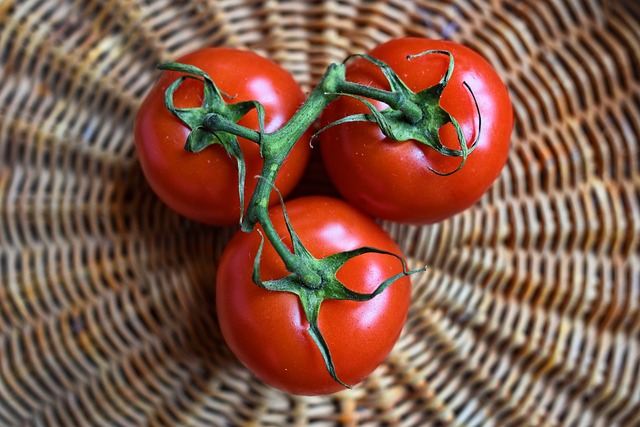Probiotics 101: Everything You Need to Know for a Healthy Gut
Welcome to our comprehensive guide on probiotics and their role in maintaining a healthy gut. Whether you’re new to probiotics or looking to enhance your knowledge on this topic, you’ve come to the right place. In this blog, we’ll cover everything you need to know about probiotics, from their definition to their benefits and sources.
What are Probiotics?
Probiotics are live microorganisms that, when consumed in adequate amounts, provide health benefits to the host. These friendly bacteria and yeasts are naturally present in our bodies, especially in the digestive tract, and also in some foods and supplements.
The Role of Probiotics in Maintaining a Healthy Gut
Probiotics play a crucial role in maintaining a healthy gut by:
- Restoring Balance: The gut is home to trillions of bacteria, both good and bad. Probiotics help restore a healthy balance of these bacteria, promoting digestion and overall gut health.
- Enhancing Nutrient Absorption: Probiotics assist in the breakdown of complex carbohydrates, proteins, and fats, making it easier for our bodies to absorb essential nutrients.
- Boosting Immunity: A significant portion of our immune system resides in the gut. Probiotics stimulate the production of immune cells, strengthening the body’s defense against harmful pathogens.
- Reducing Digestive Disorders: Probiotics have been shown to alleviate symptoms of various digestive disorders, such as diarrhea, irritable bowel syndrome (IBS), and inflammatory bowel disease (IBD).
Types of Probiotic Strains
There are several types of probiotic strains, with the most common being:
- Lactobacillus: This genus of bacteria is commonly found in fermented foods like yogurt and sauerkraut. It contributes to overall gut health and supports lactose digestion.
- Bifidobacterium: Bifidobacteria are prevalent in the large intestine and help maintain a healthy balance of gut flora. They are often included in probiotic supplements targeting digestive health.
- Saccharomyces boulardii: Unlike other probiotics which are bacteria, S. boulardii is a beneficial yeast. It is known for its ability to prevent and treat diarrhea caused by antibiotics or infections.
Food Sources of Probiotics
Incorporating probiotic-rich foods into your diet is an excellent way to boost your gut health. Some common food sources of probiotics include:
- Yogurt: Look for yogurt labeled with “live and active cultures.” Greek yogurt, in particular, contains higher amounts of probiotics.
- Kefir: Kefir is a fermented milk drink that offers a diverse array of probiotics. It is a great choice for those who are not tolerant of lactose.
- Sauerkraut: Made from fermented cabbage, sauerkraut is rich in Lactobacillus bacteria. It can be enjoyed as a side dish or added to sandwiches and salads for an extra tangy flavor.
- Miso: This traditional Japanese seasoning is made from fermented soybeans. It adds a savory umami flavor to soups, stews, and marinades.
- Kimchi: A Korean staple, kimchi is a spicy fermented vegetable dish usually made with cabbage and radishes. It contains various probiotic strains and is served as a side dish or in stews and stir-fries.
Should You Consider Probiotic Supplements?
While food sources are an excellent way to introduce probiotics into your diet, some individuals may benefit from probiotic supplements. If you have specific digestive issues or have recently completed a course of antibiotics, consult with your healthcare provider to determine if a probiotic supplement is right for you.
Conclusion
Probiotics are a valuable addition to any healthy diet and play a fundamental role in promoting optimal gut health. By restoring balance, enhancing nutrient absorption, boosting immunity, and reducing digestive disorders, probiotics can significantly contribute to your overall well-being. Incorporate probiotic-rich foods into your daily meals and consider supplements when necessary to enjoy the numerous benefits these friendly microorganisms have to offer.







